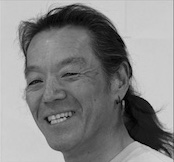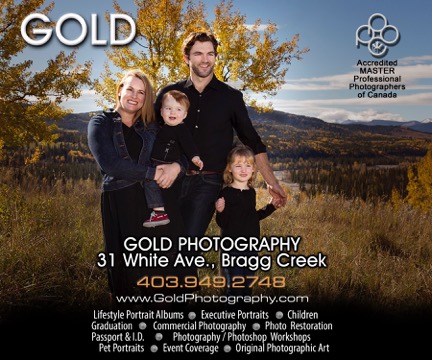Six (6) Estate Planning Mistakes
Considering your mortality is not pleasant but it is necessary. Avoid the following mistakes:
1. The will is not updated. There are many changes in life that can necessitate a modification to a will. For example, people get divorced, others are separated for years without being divorced, yet their ex-spouse is named as the principal beneficiary in their will. An un-updated will often name an heir that is now deceased, or directs that monies be placed in an educational trust for youth now in adulthood.
If there is no will, the government will decide how your assets are distributed.
If there are young children, and no will, who will take care of the children if the parents die? It is very important that a directive in the will establish who is to be the children’s pre-arranged guardian.
2. Specific assets for the heirs are not articulated. It may be unwise to generalize, e.g. “I leave all my house-hold items to my children.”
Assets need not be of equal value per heir where sentimental value is high. Consider leaving certain memorable assets to your grandchildren; providing long-term income for a child with a disability or special needs; assisting the educational needs of a child or grand-child; and perhaps a monetary gift for a child who worked in the family business for years with low pay. Don’t forget to consider your favourite charity, and the needs of a surviving spouse.
3. Current beneficiaries have not been named. You also need to assure that your beneficiaries are updated on your various investment accounts (such as segregated funds) so those assets pass directly to named beneficiaries.
Life insurance can also state specific beneficiaries, to achieve estate equalization. The beneficiaries may need to be changed over time (especially in the case of divorce) so don’t make beneficiaries irrevocable. If you are the sole owner you can retain the right to change the beneficiaries and the level of coverage. Also, consider converting all or a portion of your term life insurance to a more permanent insurance plan (coverage for all of your life).
4. The estate is not equalized. Where one child inherits the family cottage or business, consider leaving equivalent cash assets to other siblings. If there will not be enough cash to accomplish this life insurance can be purchased to create tax-free money to be distributed amongst these siblings (those not inheriting a significant family asset).
5. The family’s provision was unaccounted for. Some people never provide a large enough nest egg from which the surviving family can create an income for: a spouse, children, and/or aging parents who may need long-term care. Consider the financial strain if the breadwinner dies and there are outstanding balances on credit cards and loans, and there is no money from life insurance. This may force a mother, who would prefer to raise her children at home, to take a job even when the children are young. In some situations the home may need to be sold.
6. Estate erosion by taxation and debt. Where there is a surviving spouse, RRSPs/RRIFs can roll over tax-free. If not, registered money will be taxed as income in the final tax return of your estate. If one is relying on the registered monies (RRSPs/RRIFs) to flow out tax free, as a bequest, the near 50% taxation may skew the equalization of assets being passed to heirs. Life insurance can replace the amount diminished by taxation.
This is also true where taxation on capital gains will erode other large bequeathed assets such as a cottage, second homes, or business shares left to children. Such assets are ‘deemed to have been disposed of at death’, in most cases creating taxable capital gains on the difference of the current asset value minus the purchase price.
Many people do not cover personal and business debts with life insurance, thus saddling heirs with the debt.
Robert Hughes,
P. Eng., CFSB, CFP, CPCA


























